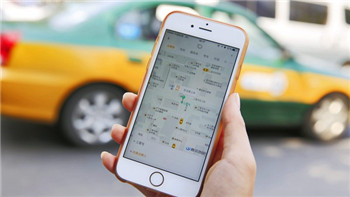中国政府已正式将网约车服务合法化,包括总部位于旧金山的优步(Uber)和中国的滴滴出行(Didi Chuxing),此举让这个一直在灰色地带运营的行业获得提振。
The Chinese government has formally legalised online car-hailing services, including San Francisco-based Uber and Beijing‘s Didi Chuxing, giving a boost to an industry that has operated in a grey area.
两家公司都对中国交通部昨日公布的《网络预约出租汽车经营服务管理暂行办法》表示欢迎,滴滴称其为“世界范围内颁布的第一个国家级的网约车法规”。
Both groups welcomed the provisional rules, unveiled by the transport ministry yesterday, which Didi referred to as “the world’s first nationwide online ride-booking regulations”.
优步表示,《暂行办法》“体现了政府对网约车新业态的认可和支持”。
Uber said the regulations sent “a clear message of support for ride-sharing and the benefits that it offers riders, drivers and cities”.
优步补充称,中国在“面对创新时一直具有前瞻性”。
China was “a country that has consistently shown itself to be forward-thinking when it comes to business innovation”, the US group added.
网约车服务在很多国家遭遇抗议和禁令,但中国政府寻求利用这种技术促进经济增长。
Car-hailing has been met with protests and bans in many countries, but Beijing has sought to co-opt the technology to promote economic growth.
网约车规定为中国其他行业(例如金融和医疗)设立了先例,在这些行业,监管者正考虑在多大程度上容忍快速发展的互联网公司造成的颠覆性影响。
The car-hailing rules set a precedent for other industries in China — such as finance and healthcare — where regulators are considering how much disruption can be tolerated from fast-moving internet companies.
在中国,网约车已迅速从一个小众领域发展为一个大规模产业,智能手机的普及转变为每日数百万次出行。滴滴声称其平台每天在处理1400万次的完成订单,这个平台包括有执照的出租车和拼车以及专车服务。
Car-hailing has quickly grown from a niche sector to a large industry in China, where the ubiquity of smartphones has translated into millions of rides a day. Didi has claimed to be handling 14m rides a day across its platforms, including licensed taxis and car pooling as well as private car hailing.
